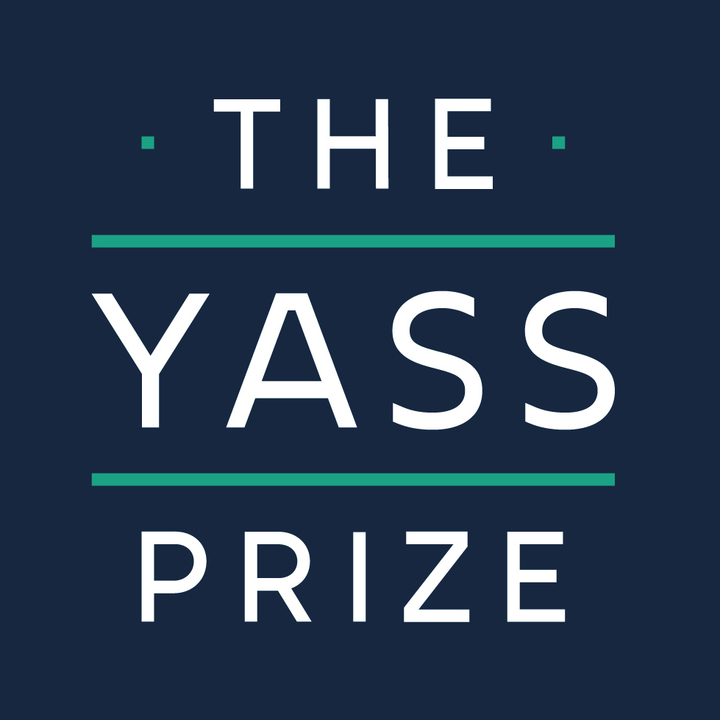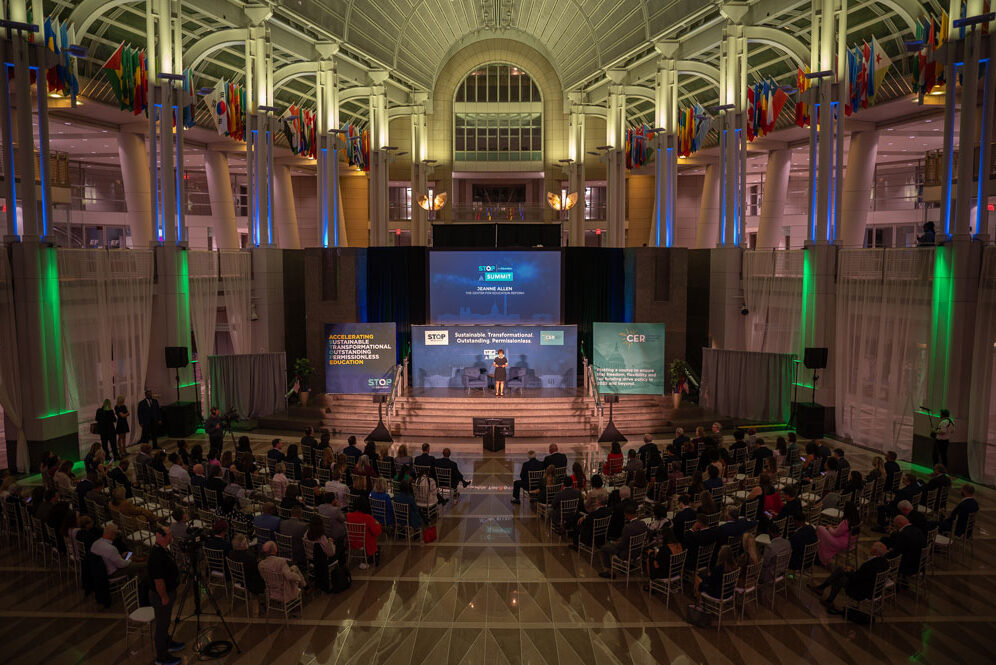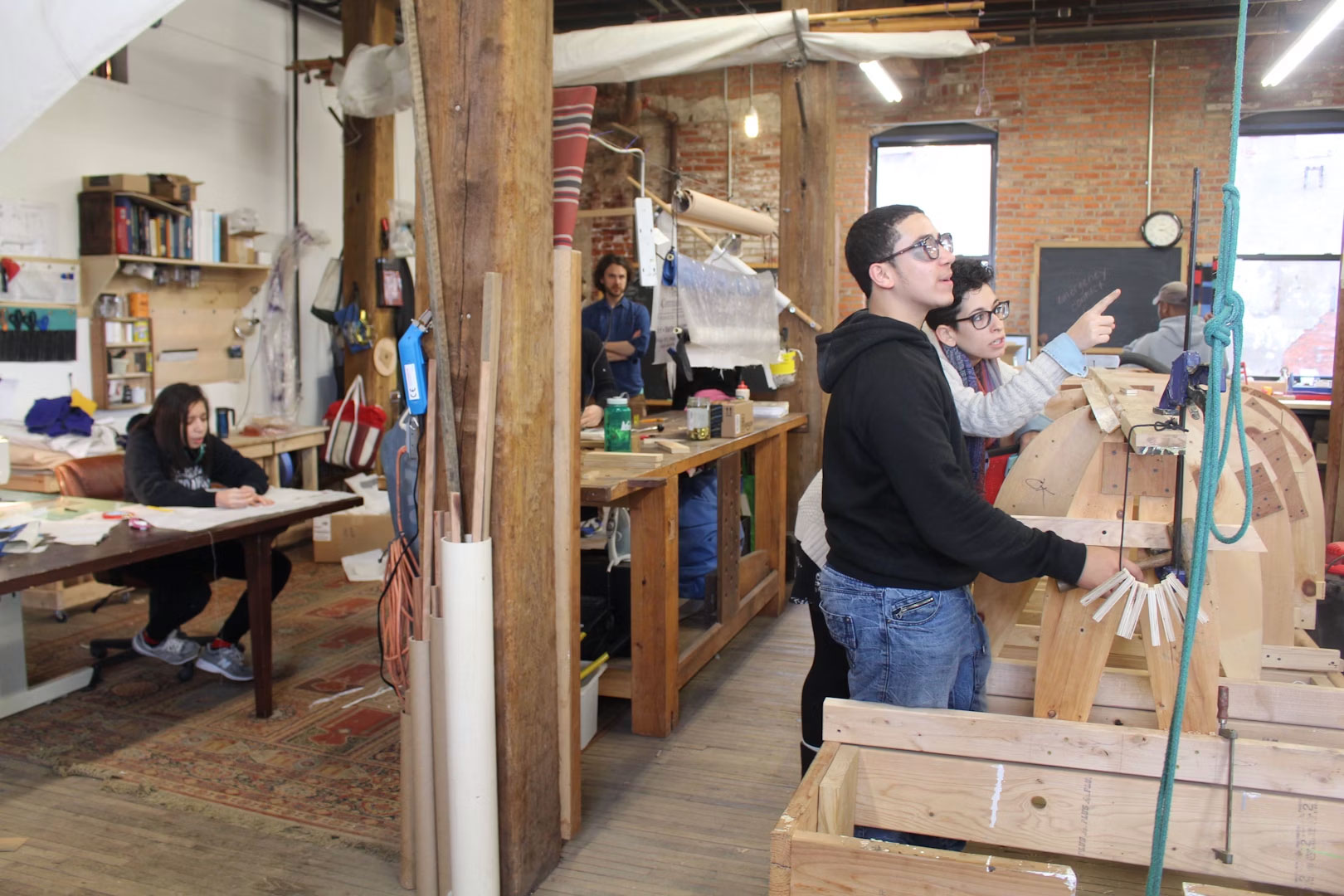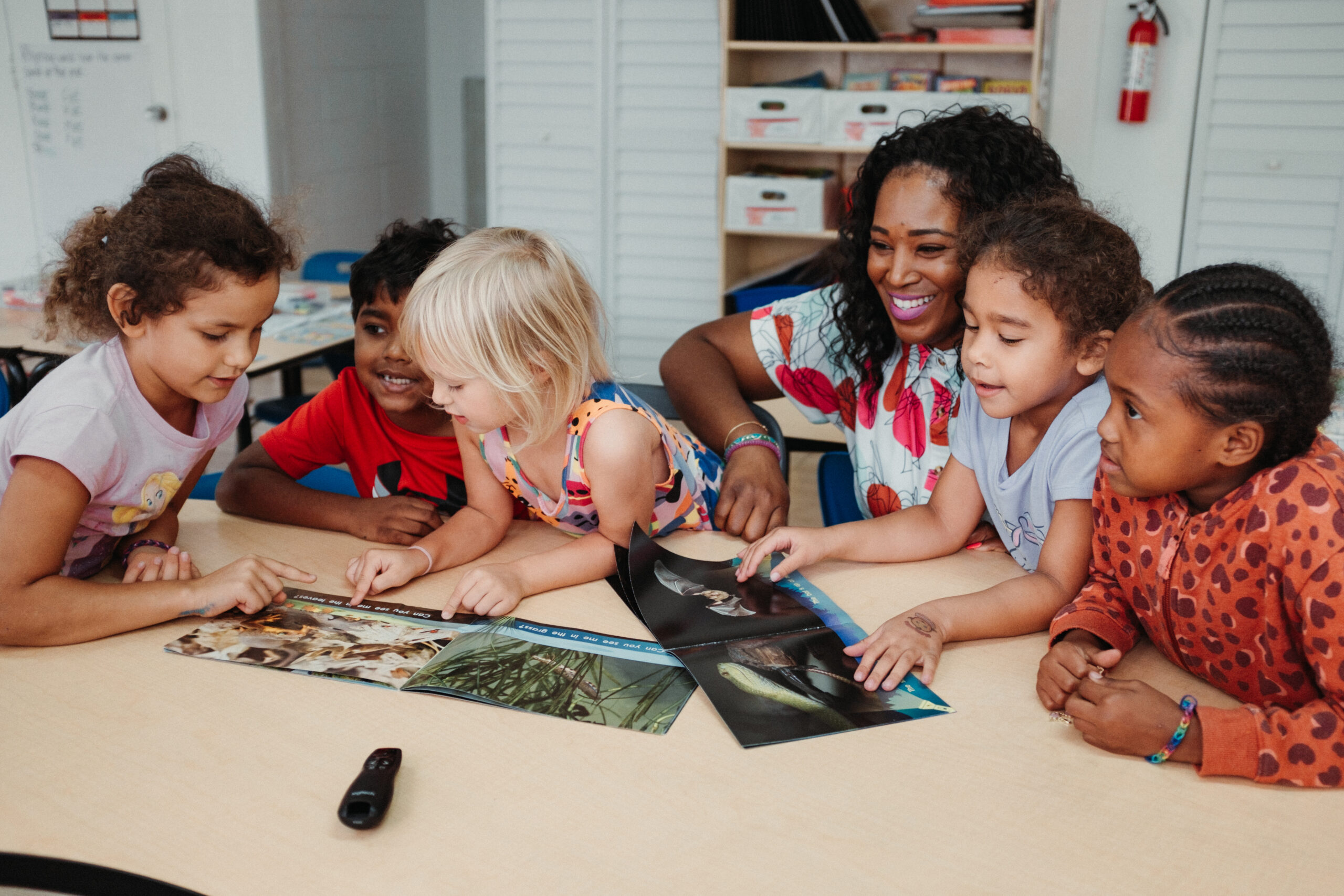Online schooling has existed for over three decades, but the COVID-19 pandemic has ushered in a new phase of remote, innovative forms of learning for students.
One Newton resident’s business, KaiPod Learning, disrupts the traditional online learning model, offering in-person spaces for online and homeschooled students to do their work and receive help from learning coaches. The business is one of 32 semifinalists for the $1 million prize Yass Prize that awards innovation in education, selected out of thousands of applicants.
“It’s really hard to personalize learning for everyone at the same pace, and online learning breaks those rules where anyone can get the piece they want,” said Amar Kumar, KaiPod’s founder.
Kaipod has seven learning centers across the country where students in grades 3 to 12 who are in homeschool or online school can receive support, spend time with other students, and participate in enrichment activities.
Kumar got the idea for KaiPod after seven years of work at Pearson Online Learning, where he observed the difficulties online students faced due to lack of socialization and academic support. He set out to build a company that connects students with support.
“Our vision is to create these hubs of learning across every community where if you’re an online schooler or if you’re looking to get social enrichment, you can get academic support from our learning coaches,” Kumar said. “It’s meant as a supplemental service to online learning.”
Students can attend the hubs from 8 a.m. to 3:30 pm either two, three, or five times a week depending on their preference, according to KaiPod’s website.
Kumar explained that the hub structure is different from the typical education experience because of its personalized nature. Students and their parents can choose a curriculum through any online school and then take classes and receive help in one of KaiPod’s learning centers.
There are currently 12“learning centers” across the United States, including locations in Arizona, Georgia, Massachusetts, and New Hampshire. The original location is in Newton Highlands. KaiPod currently has partnerships with 16 online learning programs—a mutually beneficial relationship, according to Kumar.
“Every time one of their students has access to an office space, that student is more likely to do better in online learning and they’re more likely to enjoy it,” he said.
Kumar said that many of KaiPod’s learning coaches are former classroom teachers who want to make a difference in education.
“We ask them why is it that they got into teaching [and] what is it that they love about teaching,” Kumar said. “And they’ll say something about ‘I want to personalize teaching to each kid … I really want to see the spark in their eyes.’”
Despite more students returning to traditional in-person schooling, Kumar remains confident in KaiPod’s future.
“It’s very hard for one service to work for every single kid ,” Kumar said. “As more and more parents take charge of their child’s education, more and more of them look for diverse options, and they’ll look for a variety of alternatives to sort of modularly put together their learning.”



